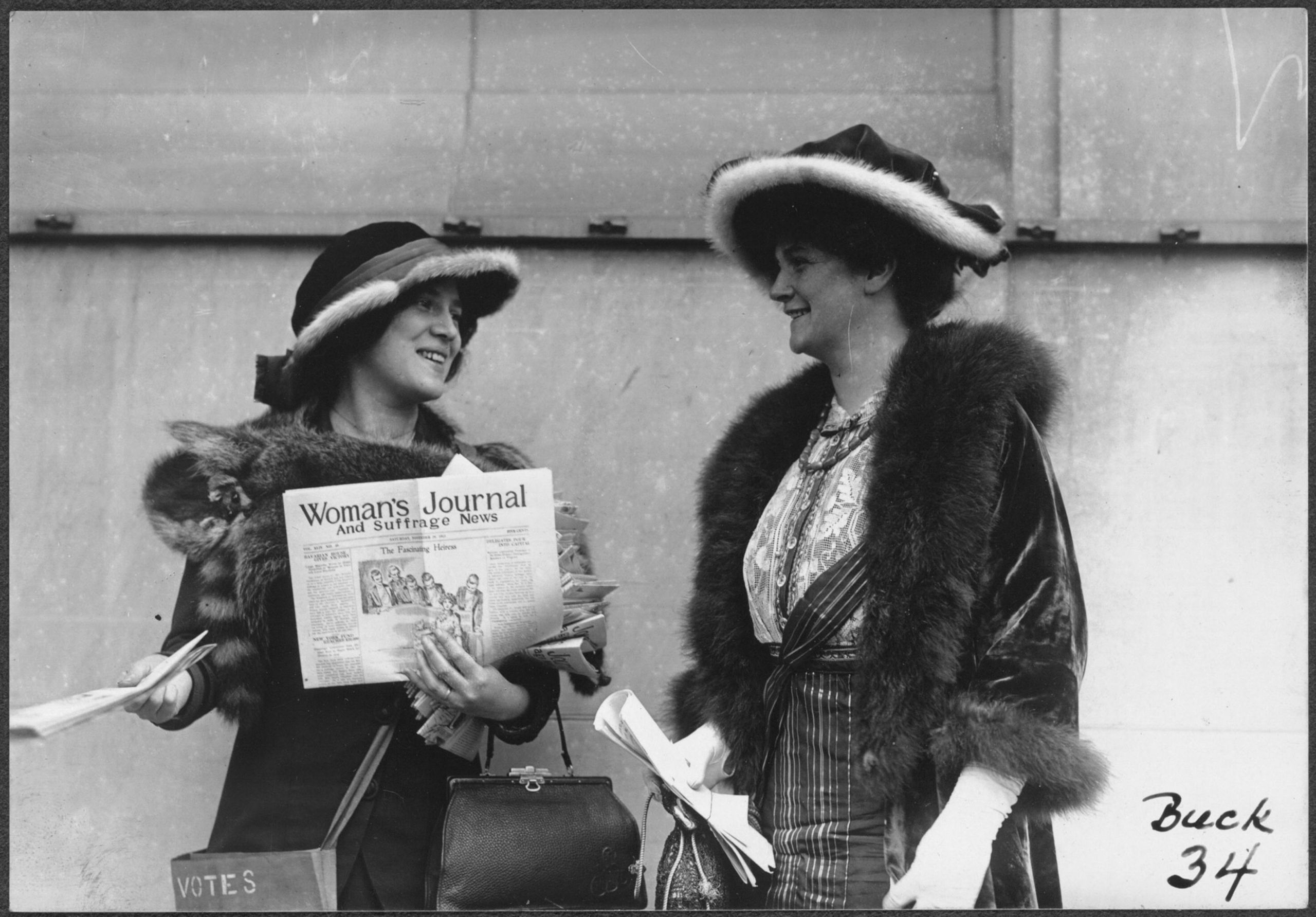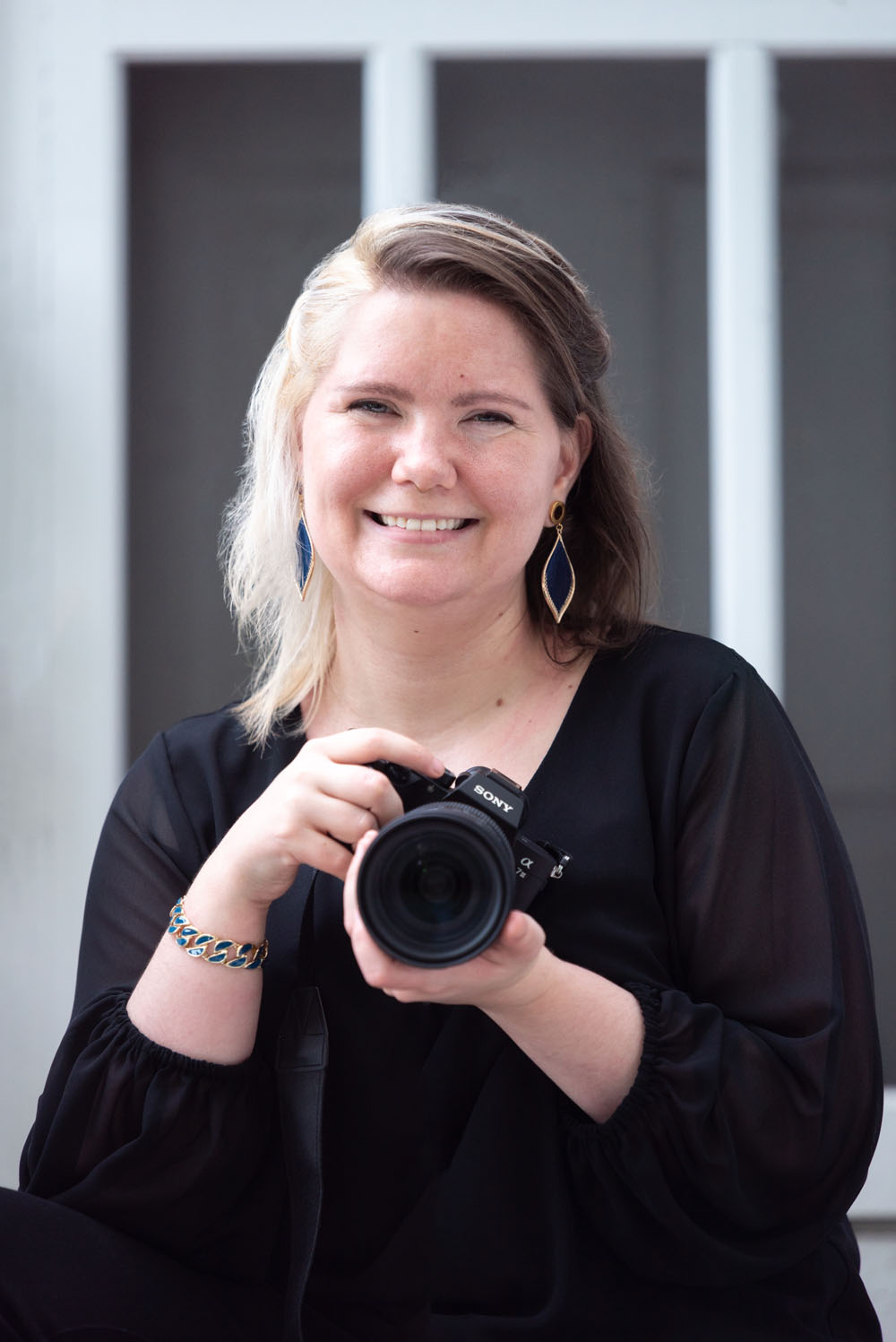From actors and musicians to politicians and crime bosses, Boston is far from short on historical Irish Americans. Nor are we shy to boast of our progressive values and revolutionary spirit. Margaret Foley embodied these traditional Boston traits, yet few know her name today.
Dubbed “the grand heckler” and “arch quizzer” by her opponents and the media, Foley had an activism style that suffragettes across the country sought to imitate. Foley and suffragettes like her ultimately achieved success in 1920, and their strategies continue to be worthy of study today.
Boston Irish Roots
In the 1800s, Irish immigrants flocked to Massachusetts and settled in neighborhoods like Dorchester, Fort Hill and the North End. Foley’s family was no exception; she was born in 1873 to Irish Catholic parents with a working-class background. These blue-collar roots, which many of her suffragette colleagues didn’t share, would give her an activist edge later in life.
She went on to work in a hatmaker’s factory where she became involved with the Hat Trimmers’ Union. It was there, where she fought for better working conditions for women, that her social justice calling solidified. Her ability to relate to working people, men especially, proved fruitful for campaigning on gender issues.
Boundary-Pushing Activism
A classically trained singer, Foley was famous for her voice and refused to be ignored. Her flair for public conflict often put her at odds with her fellow suffragists. She showed up unexpectedly at political rallies and questioned speakers on both sides of the aisle, encouraging them to take a public stance on women’s right to vote. Where her style may have lost her points with the more polite, no one — not even her opponents — could deny her passion and persistence.
It wasn’t just her “heckling” that drew attention. She also found unique ways to reach her audience, like distributing literature from a hot air balloon in 1910 or following politicians around in a car deemed the “big suffragette machine.” She wasn’t afraid to meet people where they were: on the street corner, down in the mines, on the ranch on horseback, and more.
During her career, Foley worked for like-minded organizations like the Massachusetts Woman Suffrage Association — now the League of Women Voters of Massachusetts — and the Margaret Brent Suffrage Guild. In 1911, Foley made the trek overseas to learn from Emmeline Pankhurst, who had been employing similar “militant” tactics. Feminist organizations in Nevada and Pennsylvania both courted Foley as well, and she toured the South with MWSA to share the tactics she’d learned with as many suffragists as possible.
Legacy of Public Service
Even after Massachusetts ratified the Nineteenth Amendment in 1919, Foley remained a dedicated public servant. She served as a trustee for the Children’s Institutions Department under Mayor Andrew James Peters and the head of the Child Welfare Division of Boston, though she resigned from the latter in 1926 after receiving scrutiny.
She remained involved in politics even in her later years. Never relenting, she sparked a notable feud with James Michael Curley during his run for Senate in 1936 while working for his opponent, Robert E. Greenwood. In 1957, she passed away due to illness in Boston.
While Massachusetts may be regarded as the Irish hub of America — 19.8% share an Irish heritage — names of Irish Americans like Margaret Foley have been lost along the way. We shouldn’t let Foley and others who contributed so much to our political history in Boston and beyond be forgotten.







